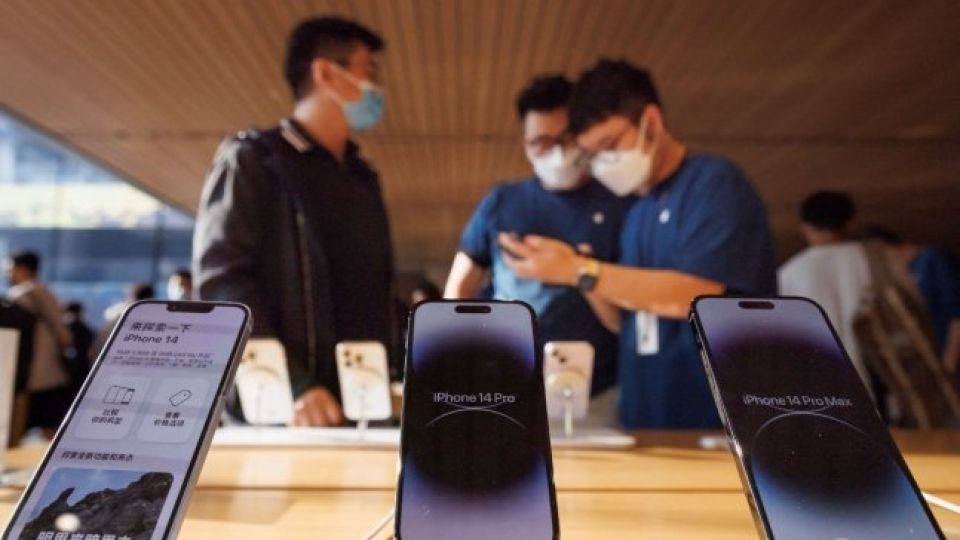January 31, 2023
SEOUL – Samsung Display has recently filed a complaint against 17 smartphone repair shops in the US over their use of “illegal” panels that it says infringed its highly sophisticated OLED patents, according to industry sources Monday.
The display-making unit of Samsung Electronics is a market leader making almost 70 percent of OLED panels used in high-end mobile devices, including Samsung Galaxy and Apple iPhone smartphones. Sources say the company seems determined to offer no leniency for frequent patent infringements done mostly by smaller Chinese rivals.
In the complaint, Samsung requested the repair shops to stop importing the panels using its technologies without permission, citing Section 337 of the US Tariff Act of 1930. Following the filing, US International Trade Commission, the US trade watchdog, has kicked off an investigation.
Technologies in question include Diamond Pixel, among others.
First unveiled in 2013, the Diamond Pixel technology places red, blue and green screen dots in the shape of diamonds on the panel to enhance the accuracy of the pictures, which compares to the conventional square-shaped pixel technology.
The technology is considered one of the key strengths of Samsung OLEDs.
Sources say Samsung is taking action against the US repair shops in an apparent move to deter the Chinese panel makers.
“If Samsung directly filed a complaint against the Chinese companies, it could grow into a patent war with China, which involves complicated geopolitical issues,” an industry source close to the matter told The Korea Herald on condition of anonymity. “The company is sending an indirect warning to them by raising the issue with the importers.”
The source also said the advanced patent protection system of the US is another reason for Samsung’s latest legal action.
A possible import ban on the Chinese panels is expected to deal a blow to the repair shops, including MobileSentrix, Injured Gadgets and DFW Cellphone & Parts, located across US states. Unless they secure Samsung’s authorized panels, they would not be able to offer repair services for Samsung panels.
Industry officials say the action will ultimately help create a fairer market order and prevent possible consumer damages.
“There are already several complaints about poor image quality or camera malfunctions of phones with Chinese panels,” said an industry official who wished to be unnamed.
Starting with the iPhone 12 series phones, for instance, Apple has blocked the True Tone light-adjusting feature from working if the original display gets replaced with an unauthorized product.
Samsung Display’s latest legal action comes after the company said it was part of its responsibility to protect its patents for consumers.
“We are actively looking into ways to better protect our intellectual property rights, an outcome of the hard work of all company officials,” said Choi Kwon-young, executive vice president at Samsung Display, during an earnings conference call in February last year.
“Using legitimate technology and protecting its value is part of our duty for clients and customers. We will make our best effort to establish righteous governance culture,” Choi added.


